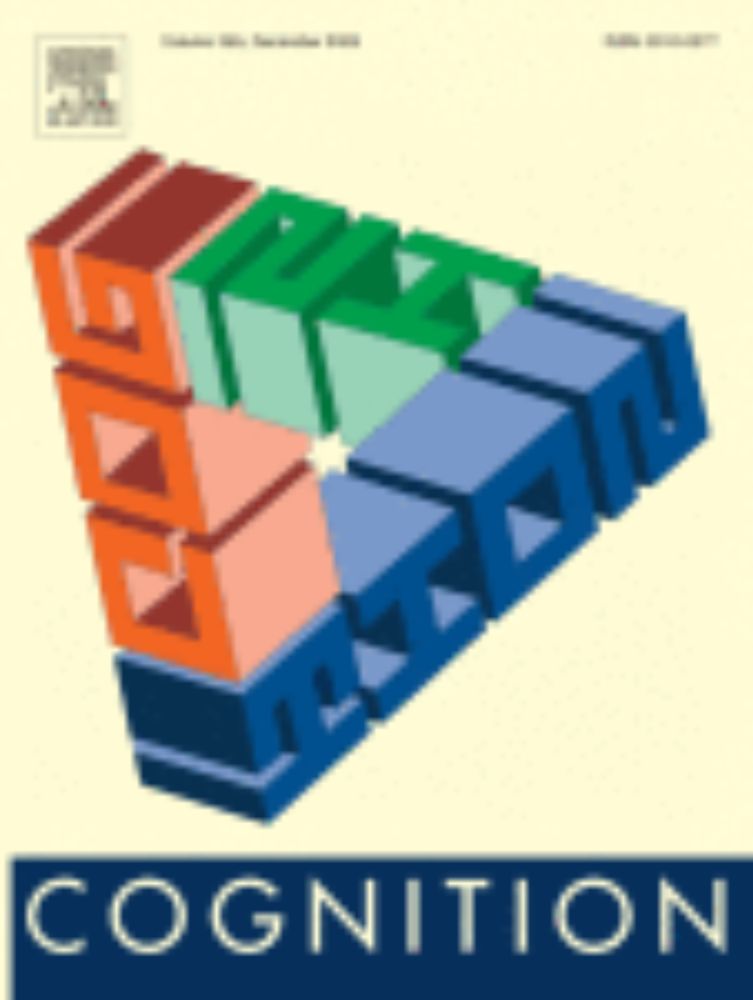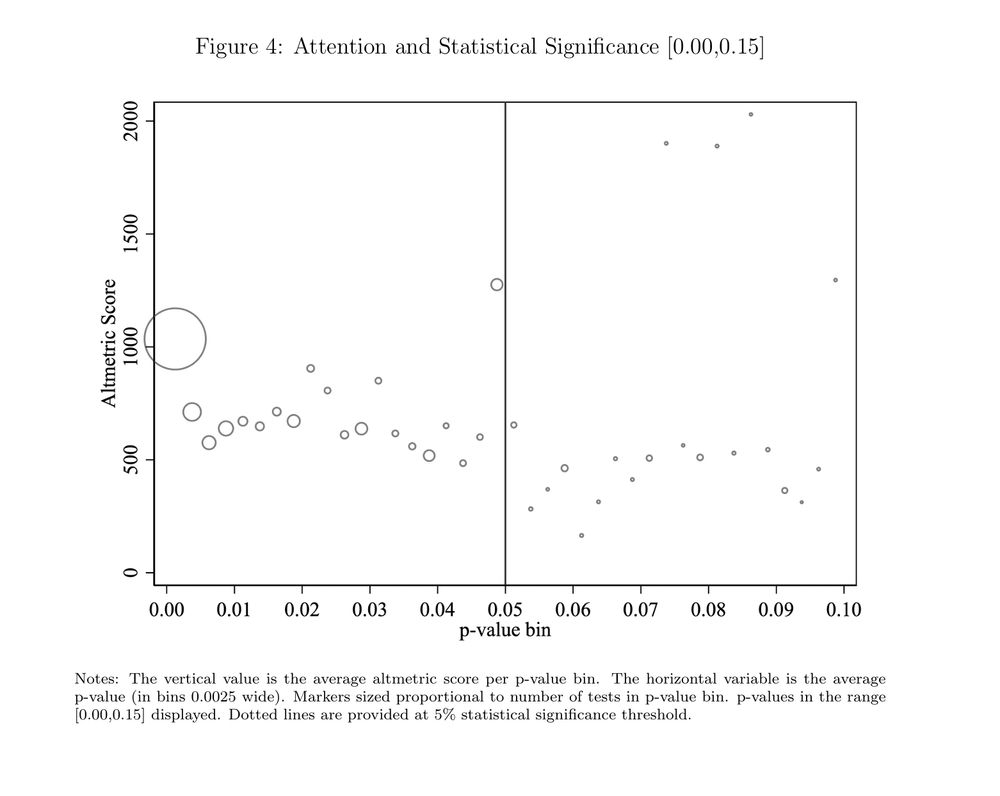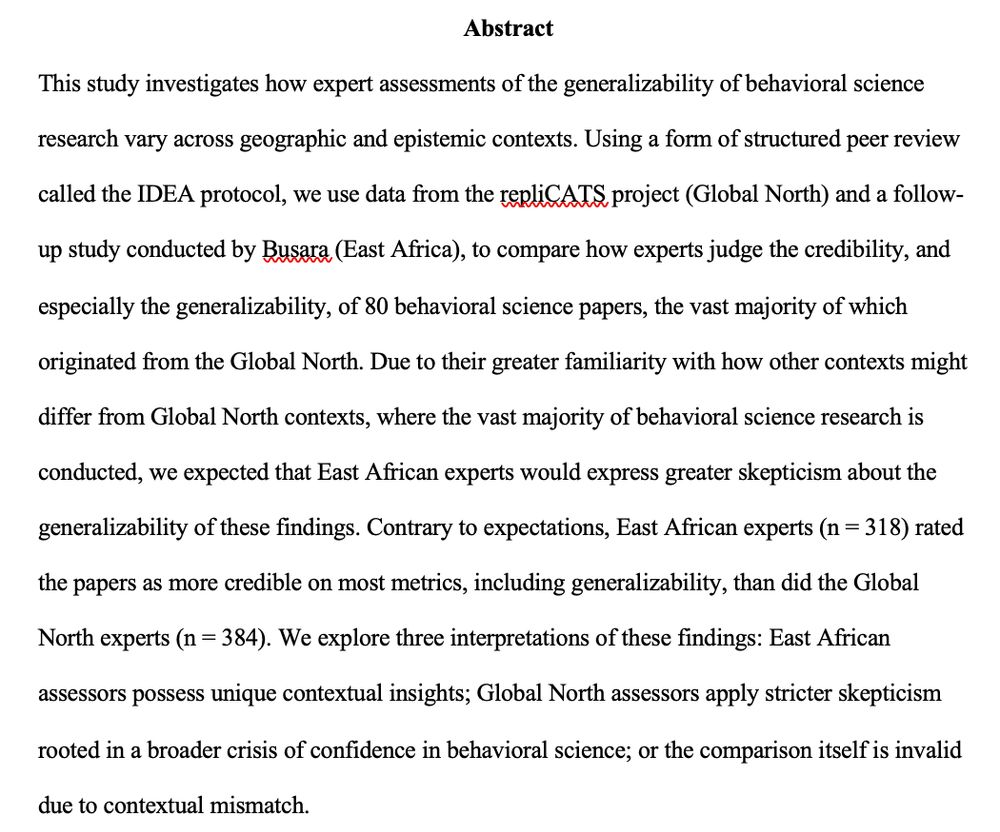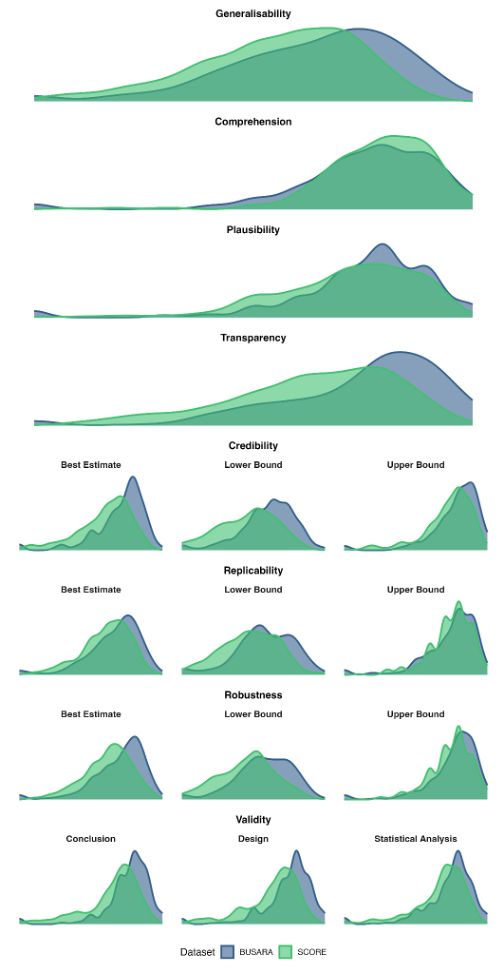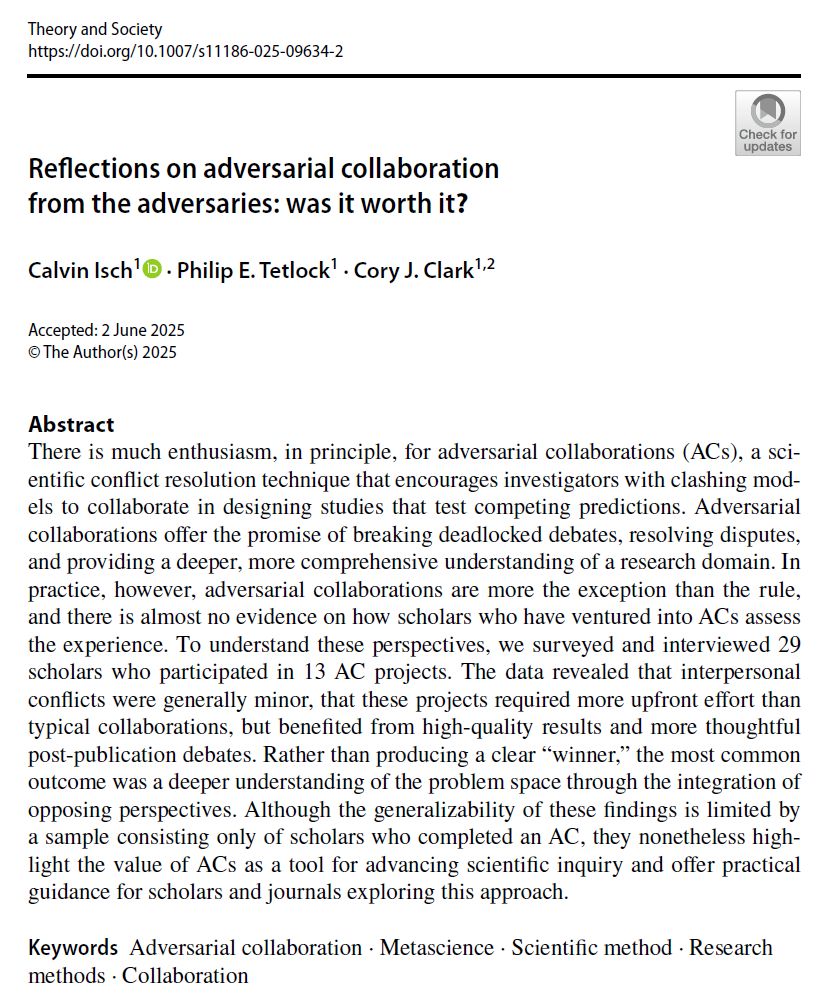Timo B. Roettger
@timoroettger.bsky.social
1.2K followers
480 following
230 posts
Cognitive scientist / Linguist - Full Professor at University of Oslo
#MetaScience #OpenScience
#DataViz #PresentationDesign #SciComm
Catch me on Youtube: http://youtube.com/@simplpoints
Posts
Media
Videos
Starter Packs
Pinned
Reposted by Timo B. Roettger
Reposted by Timo B. Roettger
Reposted by Timo B. Roettger
Reposted by Timo B. Roettger
Matt Goldrick
@mattgoldrick.bsky.social
· Aug 28
Reposted by Timo B. Roettger
Reposted by Timo B. Roettger
Reposted by Timo B. Roettger
Reposted by Timo B. Roettger
ManyLanguages
@manylanguagesc.bsky.social
· Jul 18
Reposted by Timo B. Roettger
Reposted by Timo B. Roettger
Reposted by Timo B. Roettger
Stan Carey
@stancarey.bsky.social
· Jul 15
Reposted by Timo B. Roettger
Reposted by Timo B. Roettger
Reposted by Timo B. Roettger
Reposted by Timo B. Roettger
ManyBabies
@manybabies.org
· Jul 7



